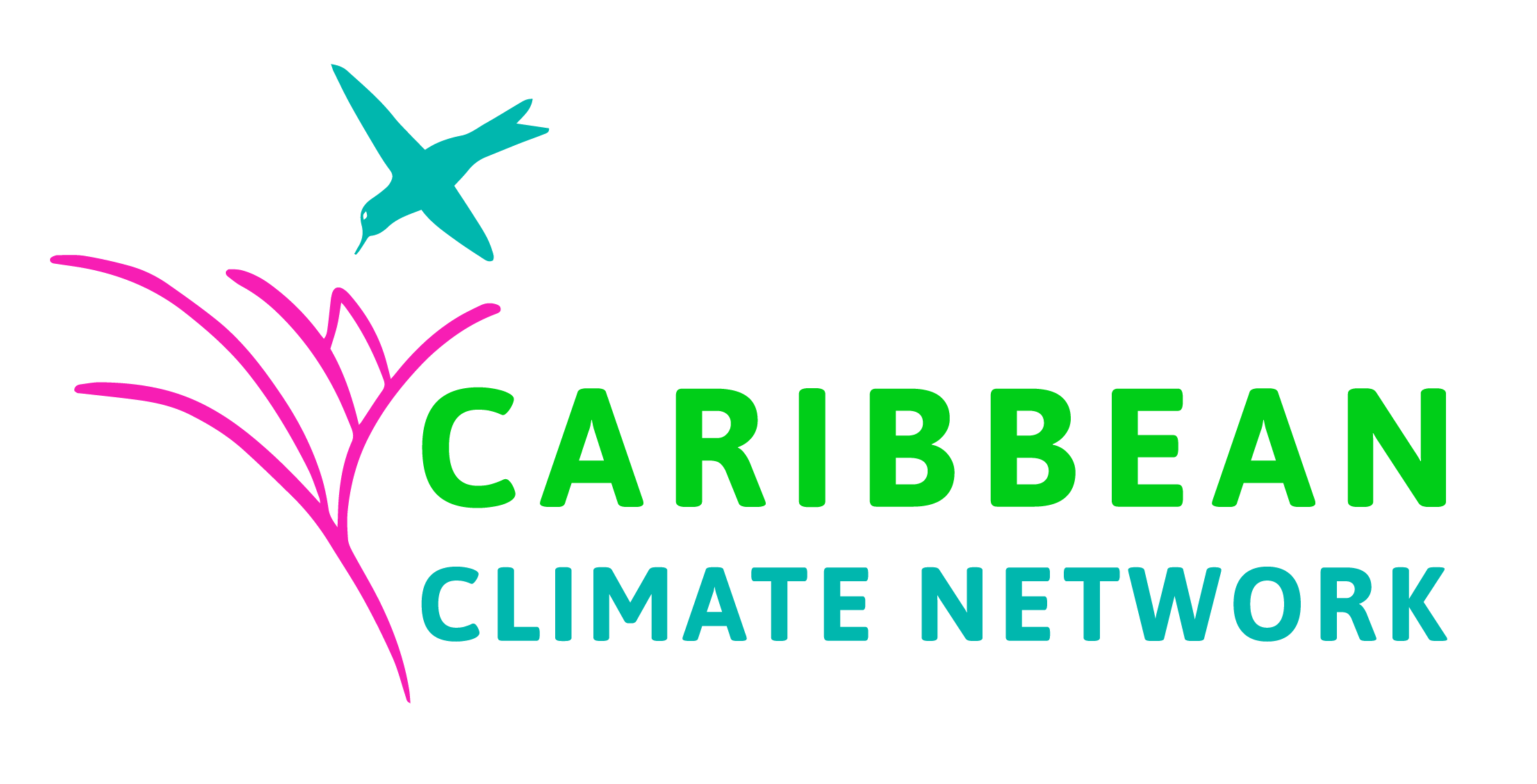Just last week, world leaders concluded the global climate talks at COP28 in Dubai. In a show of unity, world leaders committed to tripling renewable energy by 2030 and over 200 countries signed a historic international agreement to transition away from fossil fuels. Yet, outside of these negotiations, the fight for control of oil and gas reserves continues.
Wherever you look in the world, there is a new or intensifying conflict driven by fossil fuels and resource exploitation. From Syria, Sudan, and Congo to Ukraine, Palestine and now right here in the backyard of the Caribbean.
The decades old territorial dispute between Guyana and Venezuela has recently taken an alarming turn. Venezuelan President Nicolás Maduro has intensified claims to Guyana’s resource rich Essequibo region after a referendum in Venezuela on December 3, where a majority of participants expressed their support for the annexation of Essequibo from Guyana. Guyana’s rapid economic growth due to the discovery of vast oil reserves offshore of the Essequibo region is the main driver of this conflict as the Venezuelan President tries to increase favour among voters before the 2024 elections with promises of economic prosperity.
Watch: A short explainer on the Guyana-Venezuela border dispute
Guyana’s Essequibo region, which accounts for two-thirds of the country, includes critical landscapes such as the Amazon Rainforest, savannahs, wetlands, and the country’s largest stretch of intact mangrove forest. It is home to many nations of Indigenous Peoples, and a diversity of flora and fauna; including endemic and threatened species. Guyana’s efforts to protect and conserve the unique ecosystems in the Essequibo has been commendable and represents one of the country’s main contributions to the global fight against climate change. Concerns have been raised on what an annexation would mean for the biodiversity of this region. Here’s an excerpt from one person’s take:

Read: Full post by Nakasi Chapman
We’ve seen the environmental destruction that can be caused when one country tries to take lands from another. Palestine is the first example where natural resources have been destroyed as measures to colonize and control the native population. The burning of olive trees, the restriction of use and access to water, the destruction of ecosystems to build settlements, and the lack of climate protection and adaptation measures have affected the daily lives of Palestinians and will continue to do so if occupation is not stopped.
At a time when the world should be uniting to fight global climate change, nations are still grabbing for power and control of resources; endangering the well-being and lives of already vulnerable people. When will solutions finally put people and the planet over profits and greed? Activists are on the frontlines everyday calling for peace and solutions that are rooted in justice. When will our leaders listen?
